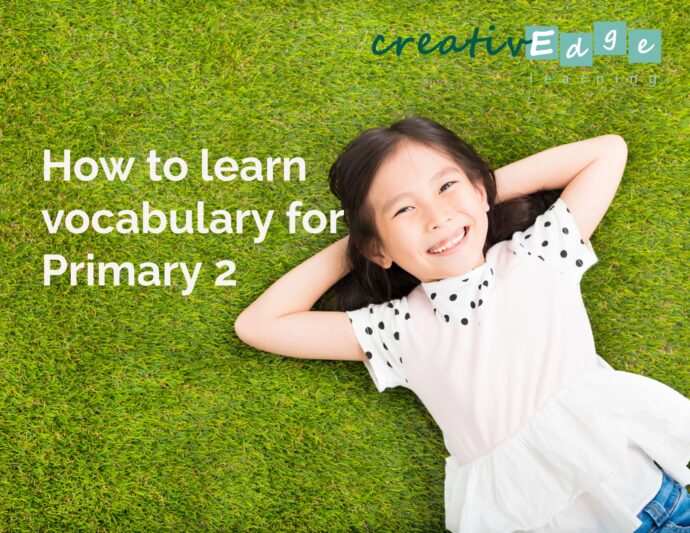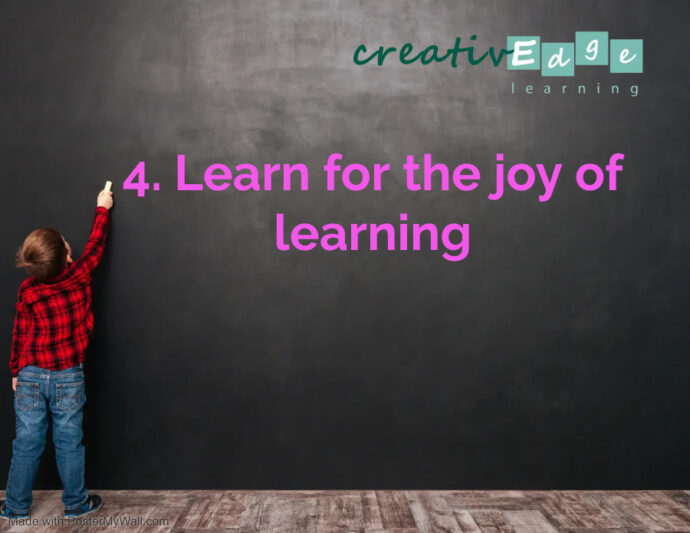
To effectively learn vocabulary for Primary 2 students, it is important to recognise their learning characteristics.
There are ways of learning that makes the process more effective for younger learners. Today, we will talk about 4 ways to learn vocabulary for Primary 2 students.

With younger children, it is important to select words suitable for their level.
The introduction of vocabulary words should not be based merely on words that are more “advanced”.
Take for example, the word “indelible”, it may be a vocabulary word but younger children will struggle to comprehend the meaning of the word. This is because the word is abstract by nature and cannot be visualised.
Words that they can grasp the learning of are generally words they can “see”. This is why we advocate relating to real world knowledge.
Example – to teach the adjective “petite”, we might relate the word to someone the child knows, like his mother.
In this way, he gets to visualise the meaning of the word. Hence it is more likely he has a good understanding of the meaning of the word.

Building on point (1), the learning of relatable words can be done by introducing synonyms of basic adjectives.
- Talkative = loquacious
- Hungry = ravenous / famished
In this way, children can easily comprehend the vocabulary word by falling back on the meaning of basic adjective of which they fully comprehend.

A common complaint of parents is that despite their children being voracious readers, they do not seem to draw from their extensive word bank and apply their knowledge to the writing.
It is possible to prevent the above from happening by guiding the children down a different learning path when they are younger.
As such, it is good to consistently remind children of newly-learnt words and encourage them to use them.
We often note down the new words that we introduce during the lesson.
Thereafter, we will look for learning opportunities to :
- Remind children that a certain word can be used
- Ask them if they remember the word
Make it a point to regularly use the words whenever possible. This helps retention. More importantly, the children build the confidence to use the new words that they learn.

Since the younger children are starting on a blank slate, they are looking to fill every section of their word bank.
Recognise that the value of learning lies beyond just knowing how to use the vocabulary words to write a story for a school test.
Children might make use of the words for comprehension when they come across them in their story books.
The younger children often take delight in every bit of new knowledge, to learn and understand any word that they come across.
This joy of learning makes them far more receptive to new knowledge and fosters a keenness to be continual learners.
Join us for our lower Primary English classes to experience our non rote-learning approach for an enjoyable learning process for the younger learners. Find out more about our Y2023 schedule and tryout lessons.



